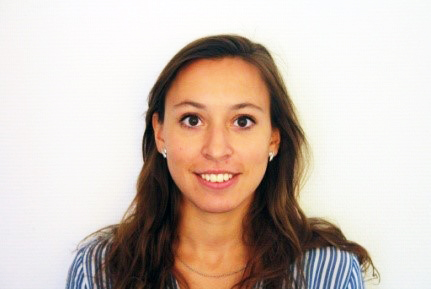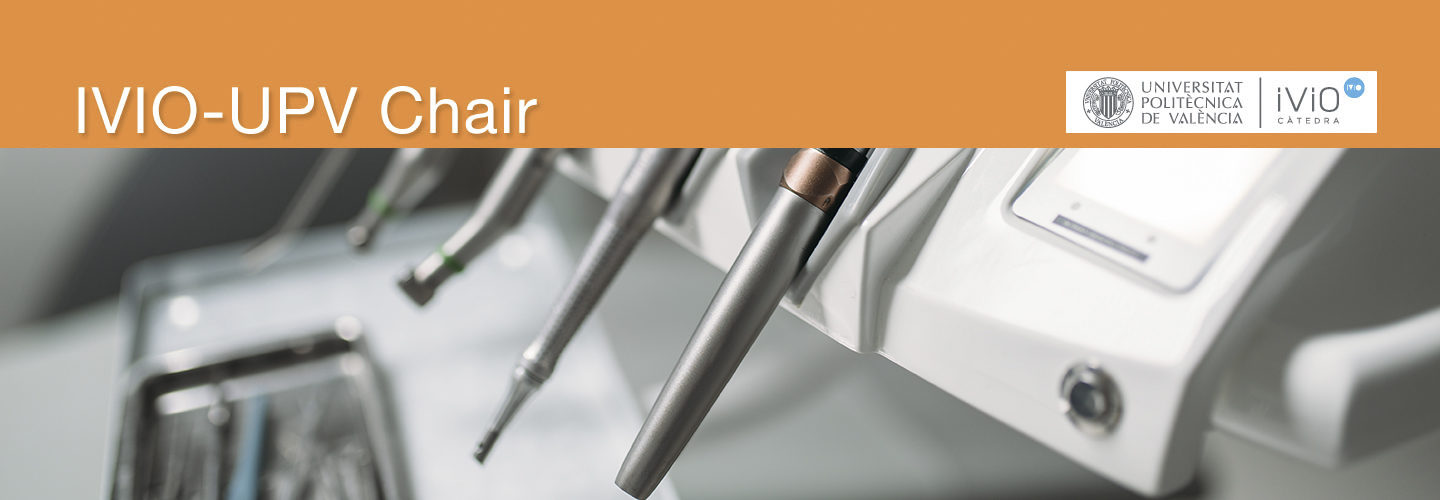Why did you decide to study acoustics?
I started studying audiovisual media specialized in sound. Once there, I had my first contact with general acoustics and it stirred a lot of interest in me. I continued to specialize in acoustics until I did a Master’s degree in acoustic research.
What encouraged you to apply for the grant to do the doctoral dissertation at a company?
Throughout my studies, I’ve been getting more and more interested in the world of research and I wasn’t sure if I would rather to do a dissertation or find work in a company in the R&D department. When the opportunity arose to do a doctoral dissertation in iViO, it looked like a happy medium to me. It’s a good way to divide the work between theory and concrete application. In addition, the fact that a company is counting on my doctoral dissertation motivates me a lot.
What are your expectations in doing the doctorate in iViO?
On the one hand, one of my expectations for working on a doctorate in a company is dedicating a large part of the work to the experimental part and to be actively in contact with the company. On the other hand, with a degree in acoustics, I have high expectations in broadening my depth of knowledge in dentistry.
Why do you want to do your doctorate in the field of ultrasound?
Several fields in acoustics interest me a great deal, and lately I have had the opportunity to learn a little more about ultrasound and its applications through projects, internships, and also through people around me who are working with them. In fact, many of the applications fascinate me, especially the applications for the medical sector, which is a delicate and complex sector, and above all, a sector that deserves continuous progress.
What do you think the influence of ultrasound technology will be in dentistry in the coming years?
The use of ultrasound will mainly lead to the replacement to existing invasive methods, as in the case of surgical intervention, or harmful methods, as in the case of repeated use of x-rays, for example. It will also allow us to obtain accurate medical images. Consequently, the use of ultrasound will allow for a better diagnosis, a better, and above all, safer monitoring of the tooth or, in my case, bone regeneration.
Once you finish your doctorate, what would you like to do?
My idea, initially, is to continue working in ultrasonic research applied to the medical sector, but I’ll surely be open to other fields of medicine that use ultrasound.
More information and questions regarding the IVIO-UPV Chair research projects can be addressed in writing to Francisco Camarena, research professor at the Campus Gandia of the UPV: fracafe@fis.upv.es.
You can follow the activity of the IVIO-UPV Chair on their: blog / Twitter / Facebook

